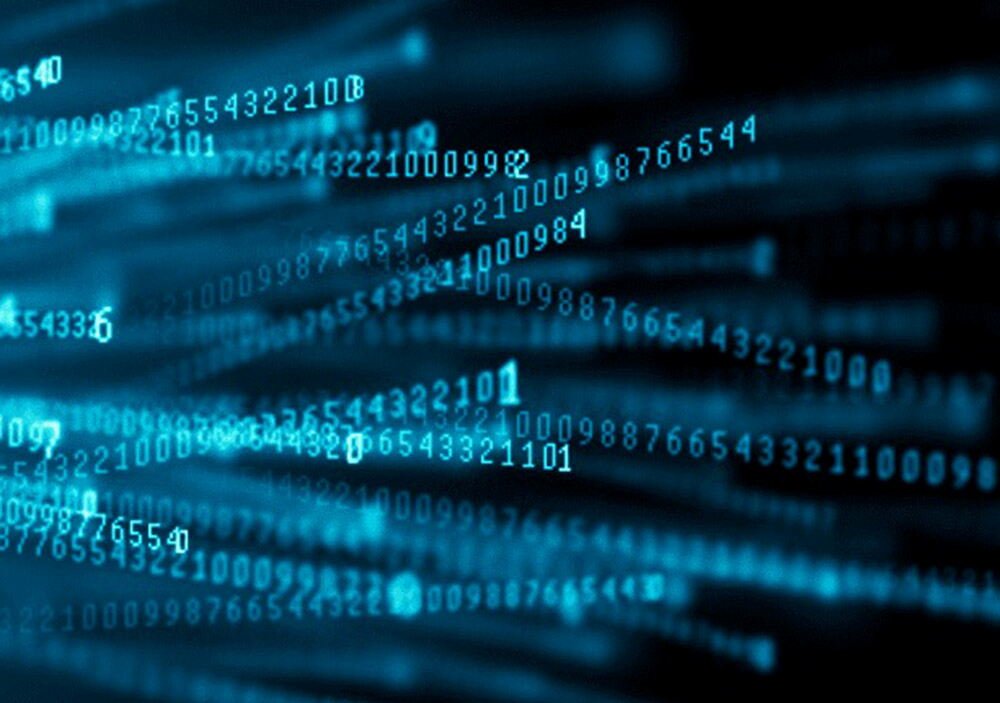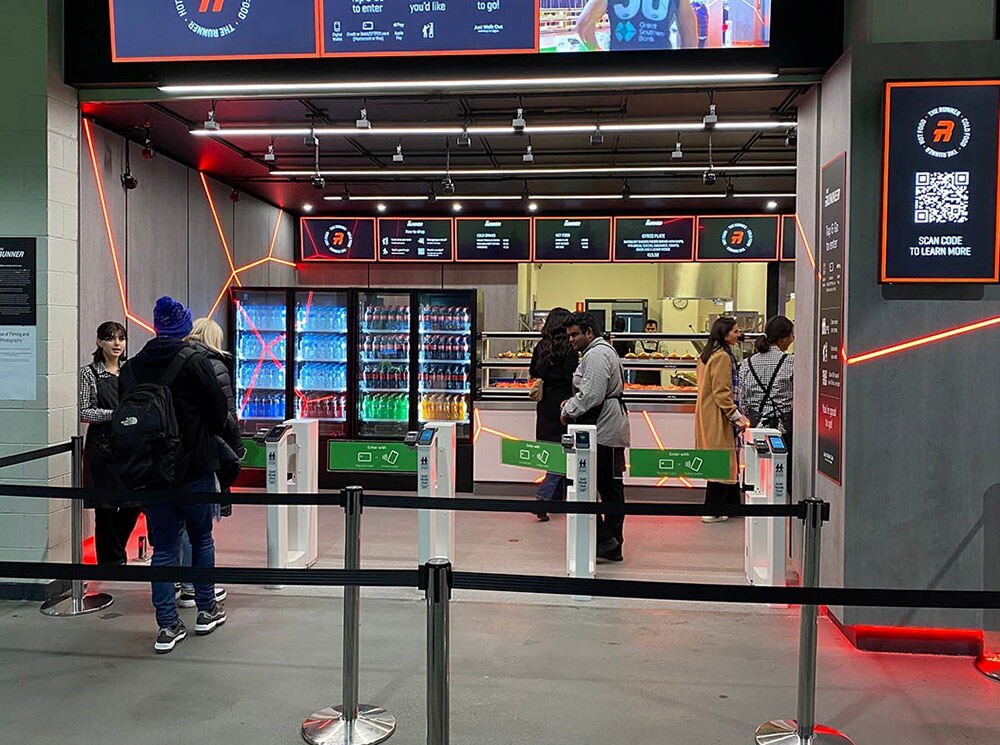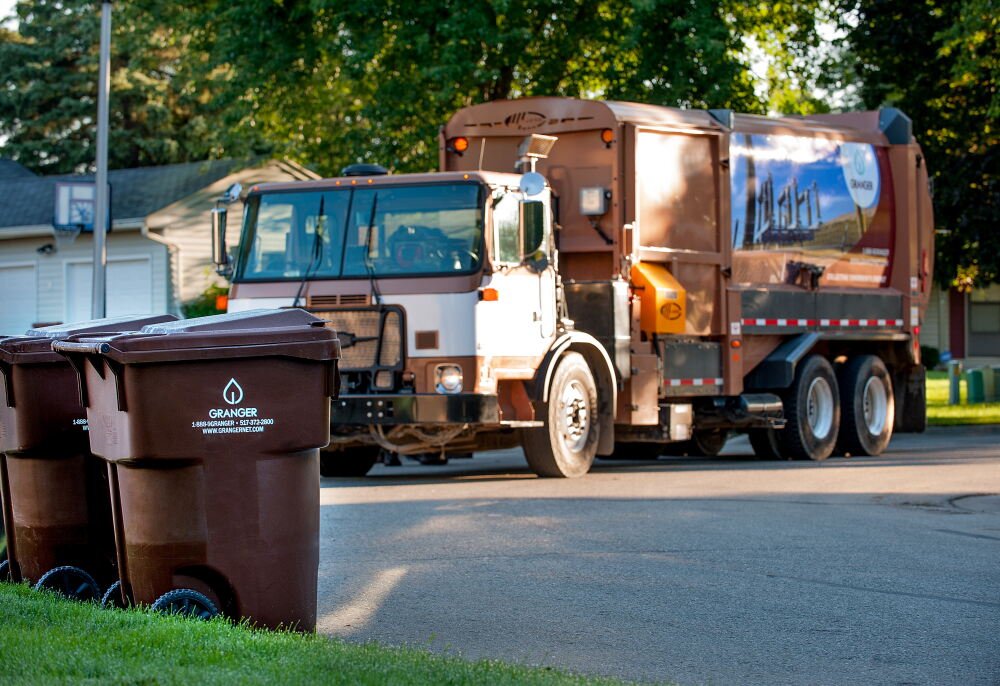Data is considered the new oil in today’s digital world. Businesses must use data to make educated decisions and prosper. Here comes data scraping. Data scraping helps firms rapidly and efficiently acquire insights from websites and internet platforms. Let’s examine data scraping’s possibilities and why firms globally use it.
What Is Data Scraping?
Data scraping—also called online scraping—is the automatic extraction of massive volumes of internet data. Scraping tools collect and organise data for analysis using bots or scripts instead of copying and pasting. A quicker data collection process allows for competition analysis, market research, and pricing strategies.
Research and Markets expects the worldwide web scraping market to reach $3.2 billion by 2030. Scraping tools are becoming more important as firms seek actionable information in a competitive market.
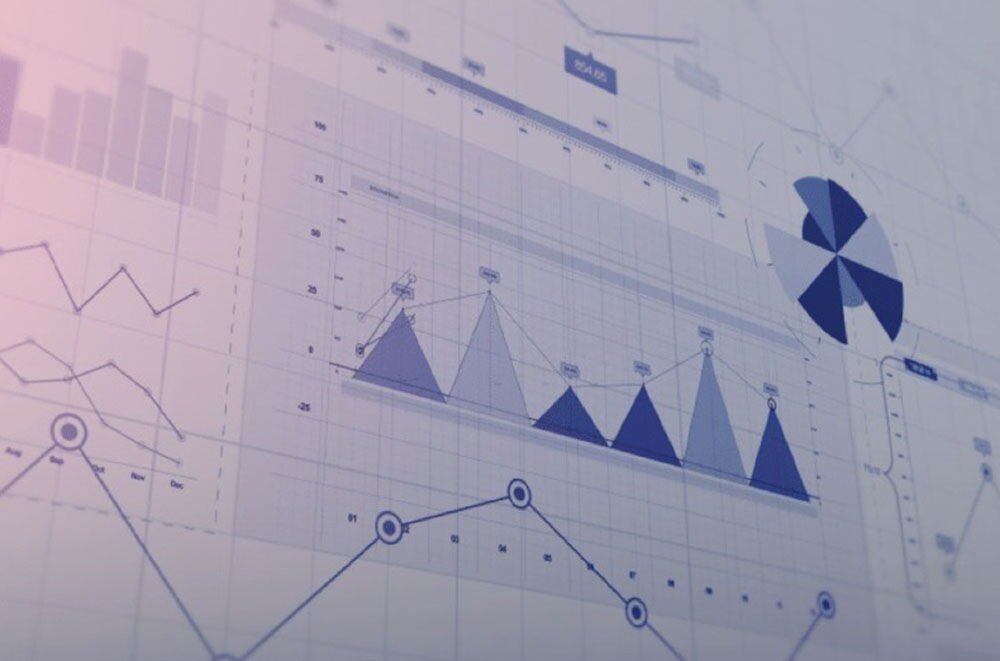
Why Do Businesses Use Data Scraping?
Businesses today generate and rely on more data than ever before. Data scraping offers a way to tap into this resource efficiently and automate time-consuming tasks. But why exactly do businesses rely on this transformative technology?
Competitive Price Monitoring
Pricing is essential in fast-paced e-commerce to boost sales and stay competitive. Retailers track competitors’ pricing plans in real time via data scraping. Businesses may dynamically alter their pricing strategies to stay competitive without losing profits by watching rivals’ prices.
According to Statista, 76% of merchants utilise price intelligence solutions, many of which scrape data to provide real-time insights. Businesses can modify prices quickly to market developments and competitors.
Market Research
Data scraping plays a vital role in market research, offering a cost-effective and efficient way to gather consumer behavior data, customer reviews, and even sentiment analysis from social media platforms. By leveraging scraped data, businesses can gain a clear picture of how their products or services are perceived in the market. This insight allows them to make data-driven decisions to refine their offerings and target the right audience.
Lead Generation
Data scraping is also widely used in lead generation. For B2B companies, extracting contact details such as email addresses and social media profiles from various websites helps streamline the prospecting process. This automation reduces the time spent on manual lead gathering and ensures sales teams can focus on the most promising leads, improving conversion rates.
Content Aggregation
Content aggregation platforms, including news websites and blogs, use data scraping to gather information from various sources and provide up-to-date news and insights to their audience. This helps publishers streamline content creation and keep their platforms fresh and relevant, all while saving time on manual research.
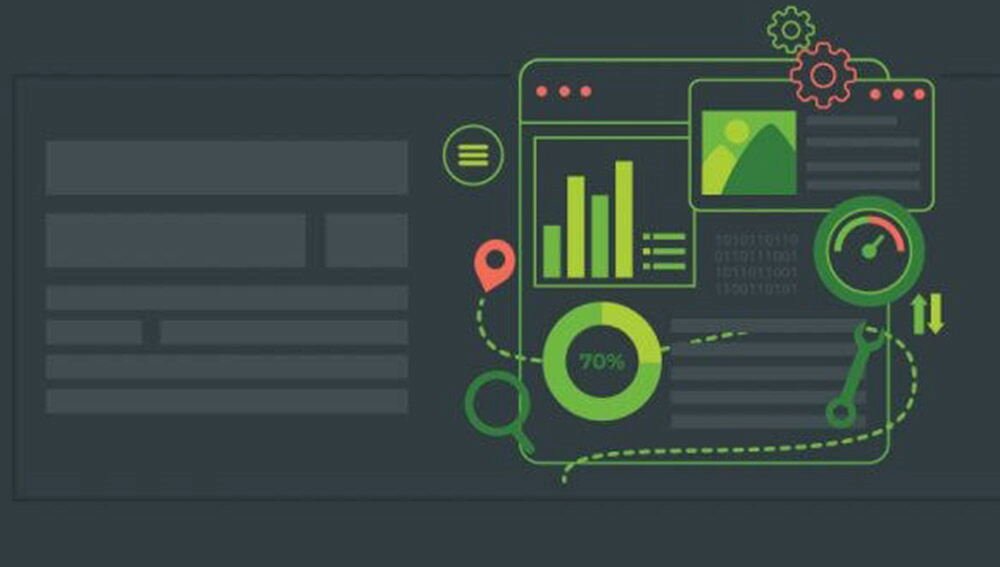
Ethical Considerations in Data Scraping
Data scraping has many benefits but presents ethical issues. If scraping violates website terms of service, copyright laws, or data privacy laws, it might be illegal.
The Pew Research Centre concluded that 81% of Americans felt they have little control over data collection and usage. To overcome these issues, organisations must scrape transparently, comply with data privacy rules, and obtain consent. Companies may develop user trust while using data scraping.
Tools of the Trade: Popular Data Scraping Tools
The data scraping landscape is filled with powerful tools designed to simplify the extraction process. These tools vary in complexity, offering options for both beginners and experienced users. Some of the most popular scraping tools include:
- Beautiful Soup: This Python library is ideal for small-scale projects and beginners, offering a simple way to parse HTML and XML documents.
- Scrapy: A high-level Python framework built specifically for web scraping and data mining. Scrapy is perfect for larger-scale projects requiring more robust functionality.
- Octoparse: A no-code tool that enables non-technical users to scrape data easily. Octoparse is perfect for businesses looking to extract data quickly without the need for programming skills.
The choice of tool largely depends on the complexity of the project and the technical expertise of the user.
The Role of AI and Machine Learning in Data Scraping
As artificial intelligence (AI) and machine learning (ML) technologies evolve, so does the world of data scraping. Modern AI-driven scraping tools are capable of navigating complex website structures, bypassing anti-bot measures, and extracting unstructured data more effectively than ever before.
AI also enhances the quality of data collection by enabling scraping bots to mimic human browsing behaviors, making them harder to detect and block. As a result, businesses can extract more accurate and relevant data with fewer interruptions.
Scalability and Cloud-Based Scraping Solutions
Businesses are prioritising scalability as data harvesting grows. Traditional scraping systems may struggle to handle big project data volumes. Cloud-based scraping solutions allow organisations to grow their scraping activities, making them perfect.
Cloud systems cut infrastructure costs, speed up processing, and increase data acquisition. Businesses may access massive volumes of data without investing in on-premises equipment.
The Future of Data Scraping
As data scraping technologies continue to evolve, they will undoubtedly become more advanced and accessible. Businesses that adopt these tools today will be well-positioned to capitalize on the growing reliance on data-driven decision-making. From enhanced AI capabilities to more intuitive user interfaces, the future of data scraping promises even greater efficiency and effectiveness.
By embracing these tools, companies can unlock new growth opportunities and gain a significant edge in their industries.
Frequently Asked Questions
What is data scraping?
Data scraping is an automated method of extracting information from websites.
How does data scraping help businesses?
It helps businesses gather data for market research, pricing, and lead generation.
Is data scraping legal?
It depends on how it’s done. Businesses must follow ethical practices and comply with regulations.
What tools are used for data scraping?
Popular tools include Beautiful Soup, Scrapy, and Octoparse.
How can AI improve data scraping?
AI makes scraping smarter, helping bots navigate complex sites and extract more relevant data.


